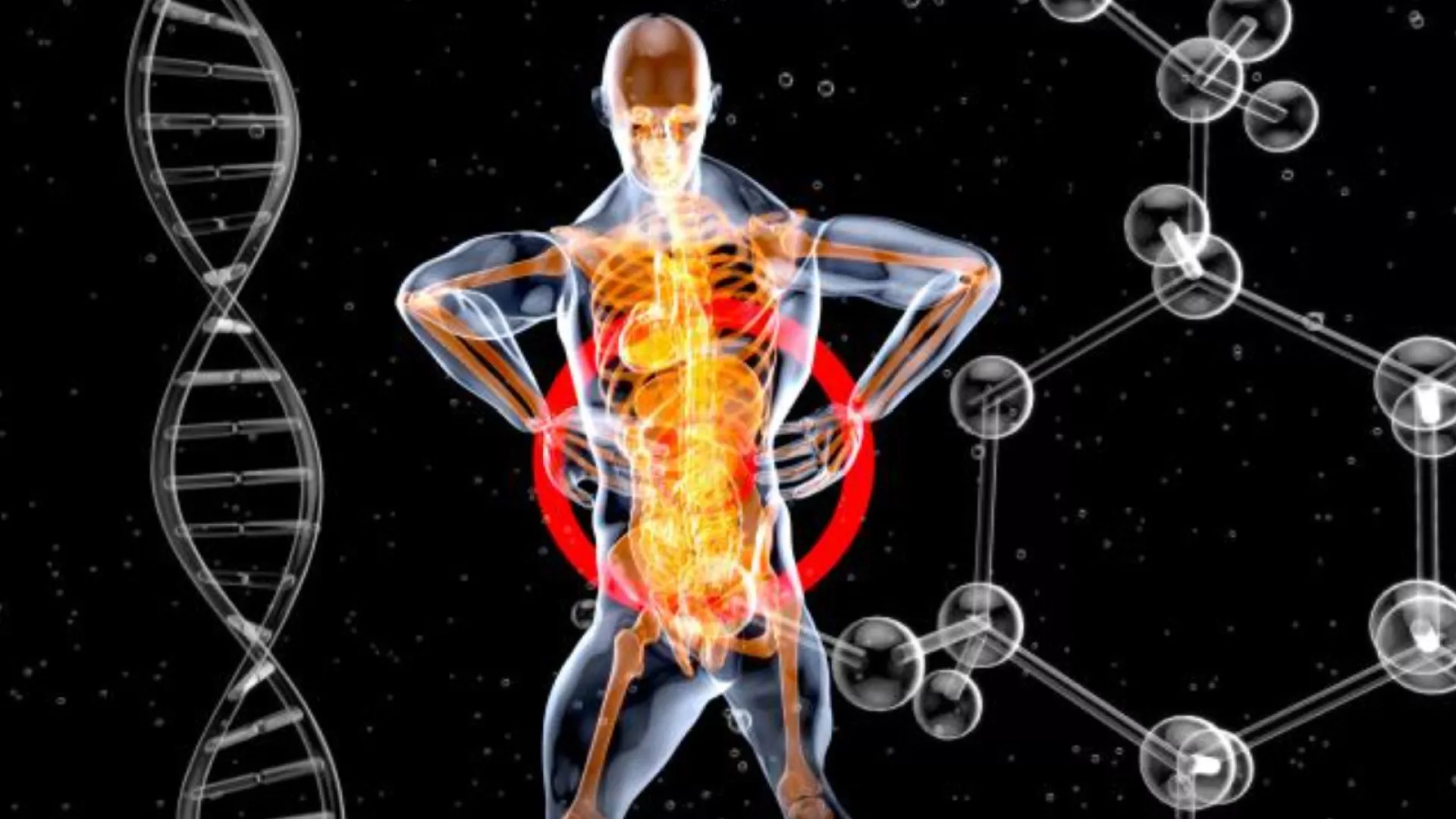The association between accelerated aging, gut flora composition, and physical fitness was examined in an international study with the participation of Csaba Kerepesi, a research fellow at the HUN-REN Institute for Computer Science and Control (HUN-REN SZTAKI). According to the paper published in the prestigious Aging Cell journal, the alterations of the gut microbiome are associated with the epigenetic age acceleration and physical fitness.
Artificial intelligence-based epigenetic clocks can measure aging and predict the incidence of diseases and mortality. Researchers associate higher levels of physical fitness with a slower aging process and a healthier lifespan. Microbiome alterations occur in various diseases and during the aging process, yet their relation to epigenetic clocks has not yet been explored.

To address this gap, researchers gathered metagenomic (from stool), epigenetic (from blood), and exercise-related data from physically active individuals. By applying epigenetic clocks, they investigated the relationship between gut flora, blood-based epigenetic age acceleration, and physical fitness. “We discovered that heightened entropy in the gut microbiome of physically active middle-aged and elderly individuals is linked to accelerated epigenetic aging, reduced fitness, or compromised health”, said Csaba Kerepesi, a research fellow at HUN-REN SZTAKI.
Researchers also observed that a slower epigenetic aging process and superior fitness levels are associated with changes in the abundance of certain bacterial species often associated with anti-inflammatory effects. In summary, the findings suggest that microbiome alterations may influence epigenetic age acceleration measured in blood and physical fitness.